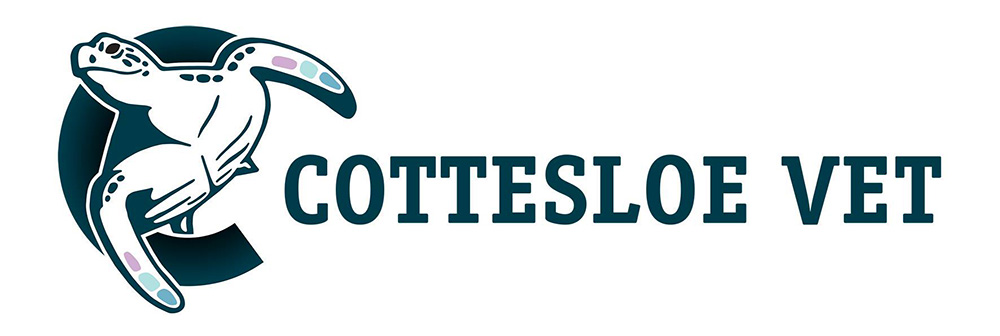Pet Dental Care
Pet Dental Care
Dental disease affects 70% of cats and 85% of dogs over three years of age.
Symptoms include:
• Bad breath
• Inappetence
• Decrease in condition
• Weight loss
• Rubbing mouth
• Depression

Food particles, bacteria and saliva form plaque, which then calcifies to become calculus. This hard brown deposit on the teeth then traps more plaque, and can become a thick, uncomfortable layer. Inflammation of the gums follows, with receding of the gum line, bleeding and pain. Further bacterial growth can lead to periodontal disease with tooth loss, infection and absorption of bone. The model below shows a comparison between healthy teeth and gums on the left, and those on the right, inflamed and affected by plaque.
The presence of high levels of toxins and bacteria in the blood can affect the function of the major organs including the kidneys, heart and liver. Obviously this is of particular concern in older pets, who are more prone to having dental disease.
Some factors that influence the development of periodontal disease are age, diet, chewing behaviour, breed, tooth alignment and home care. Most animals will tolerate dental care especially if a routine is introduced when they are younger.
A professional veterinary dental scale and polish will remove calculus from the teeth, preventing further complications. The procedure requires a general anaesthetic, with the latest drugs used to ensure as safe and swift a recovery as possible. The use of intra-venous fluids is highly recommended for geriatric pets. The procedure involves cleaning each tooth individually with an ultrasonic dental scaler. If any teeth are severely diseased and are beyond saving, they are extracted, as they would only be a source of pain and infection if left in the mouth. The teeth are then polished thoroughly to remove roughness and scratches, which would otherwise serve as anchors for further plaque attachment. The entire oral cavity is then flushed out thoroughly with a disinfectant mouth-wash. Depending on the work required, anti-biotics and pain-killers may be administered. Pets are able to go home on the same day.
Post-operative care is simple, soft food being advisable for about five days if teeth have been extracted.
Simple home care can minimise the accumulation of plaque and the risk of periodontal disease. This can be carried out using a finger tooth brush and pet tooth paste. Other options available include the feeding of enzymatic chews, specially designed rawhide bones or teeth cleaning biscuits, all of which are highly affective in scraping the teeth clean. An easy to apply oral cleansing gel is also available. Please contact us for more information and to discuss the options available to you, as we are happy to help work out the most practical and effective option for you and your pet, to keep you both smiling!
If you notice that your pet isn’t eating well or seems unhappy please don’t hesitate to give us a call on (08) 9384 1877.
Call us to book an appointment!
COTTESLOE VET

Opening Hours
Mon-Fri (9am-6pm)
Sat (9am-2pm)

Consultations
Mon-Fri (9am-12pm and 3pm-6pm)
Sat (9am-2pm)
Message Us
We welcome pets from the Cottesloe, Dalkeith, East Fremantle, Claremont, Mosman Park, and North Fremantle areas and surrounds.
